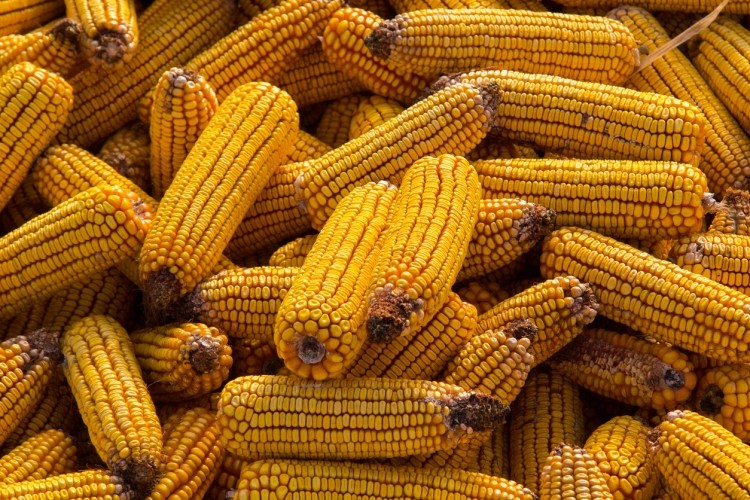Syngenta GMO corn test trial: Kansas farmers win $217m

The group of more than 7,000 corn producers were represented in the case by four corn producer plaintiffs, according to information from the group’s attorneys. The court case, which started on June 5, was heard in the US District Court for the District of Kansas, and the jury decision was announced Friday.
The case is a tag-along to another multi-district litigation and class action lawsuit brought against Syngenta, but all the cases regard the sale of certain varieties of genetically engineered corn. The Kansas case was the first of the eight state class action lawsuits certified.
Lawsuit specifics
The case against Syngenta started in 2014, and was brought by Cargill and ADM – though it has since expanded to include corn producers, sorghum or milo growers and non-producers.
Syngenta asked that the case be dismissed, but, in September of 2015 it was allowed to move forward in the US District Court for the District of Kansas. Syngenta filed counterclaims and a lawsuit against members of the original lawsuit, saying the duty to isolate the GE corn feel to grain elevators, transporters and exporters – that case has since been dismissed.
The initial compliant said that in the process of bringing a new corn strain to the market, Syngenta had acted prematurely and had not gained approvals in all “significant” export markets, according to court documents. The company had yet to secure regulatory approval for the MIR162 or Agrisure Viptera corn strain in China, although it was approved for sale in the US.
Exports of the grain were rejected by China when the corn was found to include the unapproved variety, according to court documents. This interaction is alleged to have damaged the corn market for US producers.
The plaintiff group referred to Five Star Farms et al was represented by Don Downing of Gray, Ritter & Graham, P.C., Scott Powell of Hare, Wynn, Newell & Newton, Patrick Stueve of Stueve Siegel Hanson LLP and William Chaney of Gray Reed & McGraw LLP.
The four co-lead counsels said the verdict was a positive one for corn producers in Kansas.
“The verdict is great news for corn farmers in Kansas and corn growers throughout the country who were seriously hurt by Syngenta’s actions,” the group said in a statement provided to us. “This is only the beginning. We look forward to pursuing justice for thousands more corn farmers in the months ahead.”
However, Switzerland-based Syngenta has already announced that it plans to appeal the decision.
Syngenta response details
In a response to the announcement of the initial verdict, Syngenta said:
“We are disappointed with today’s verdict because it will only serve to deny American farmers access to future technologies even when they are fully approved in the US.
“The case is without merit and we will move forward with an appeal and continue to defend the rights of American farmers to access safe and effective US approved technologies.”
The company maintains that it commercialized the corn strain Agrisure Viptera in a manner compliant with US legal requirements and regulations.
“Viptera had also received approval in the key import markets recommended at the time by the National Corn Growers Association (NCGA) and other industry associations,” the company claimed.
Farmers in the US should be granted access to the newest approved technology designed to improve yield and productivity, the company said. “American farmers shouldn’t have to rely on a foreign government to decide what products they can use on their farms,” it added.












